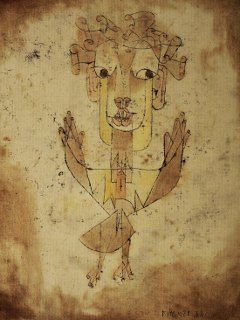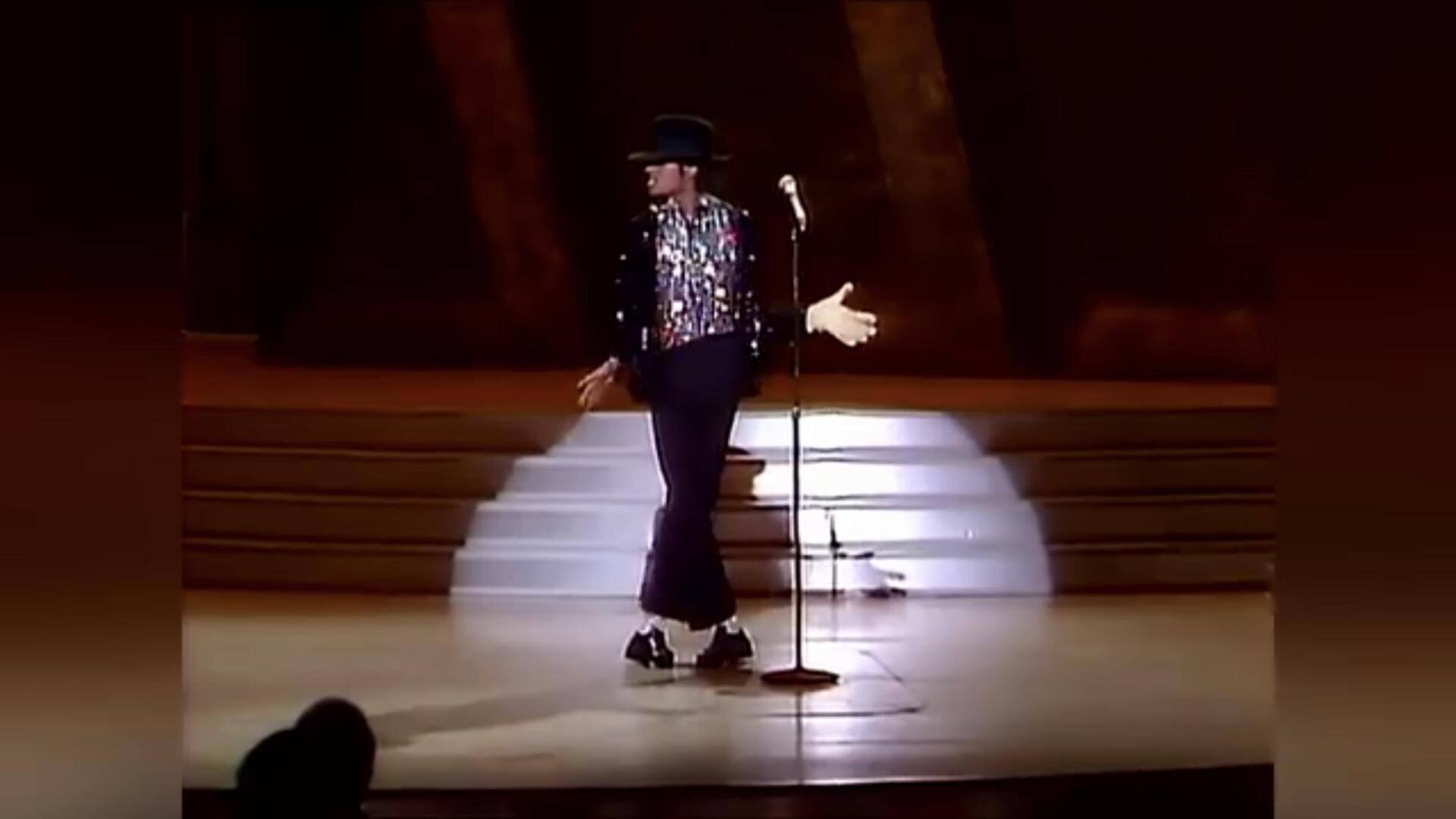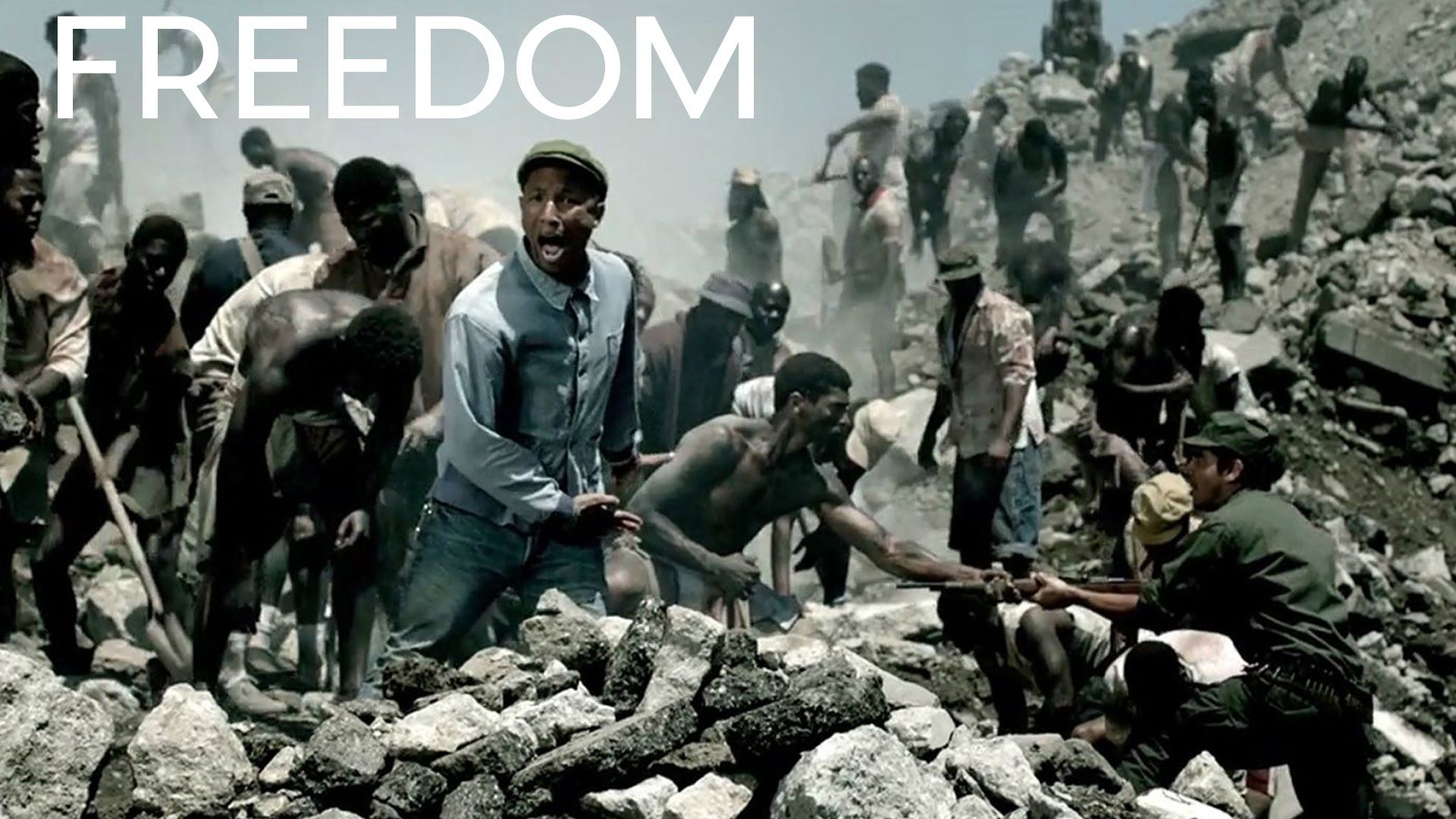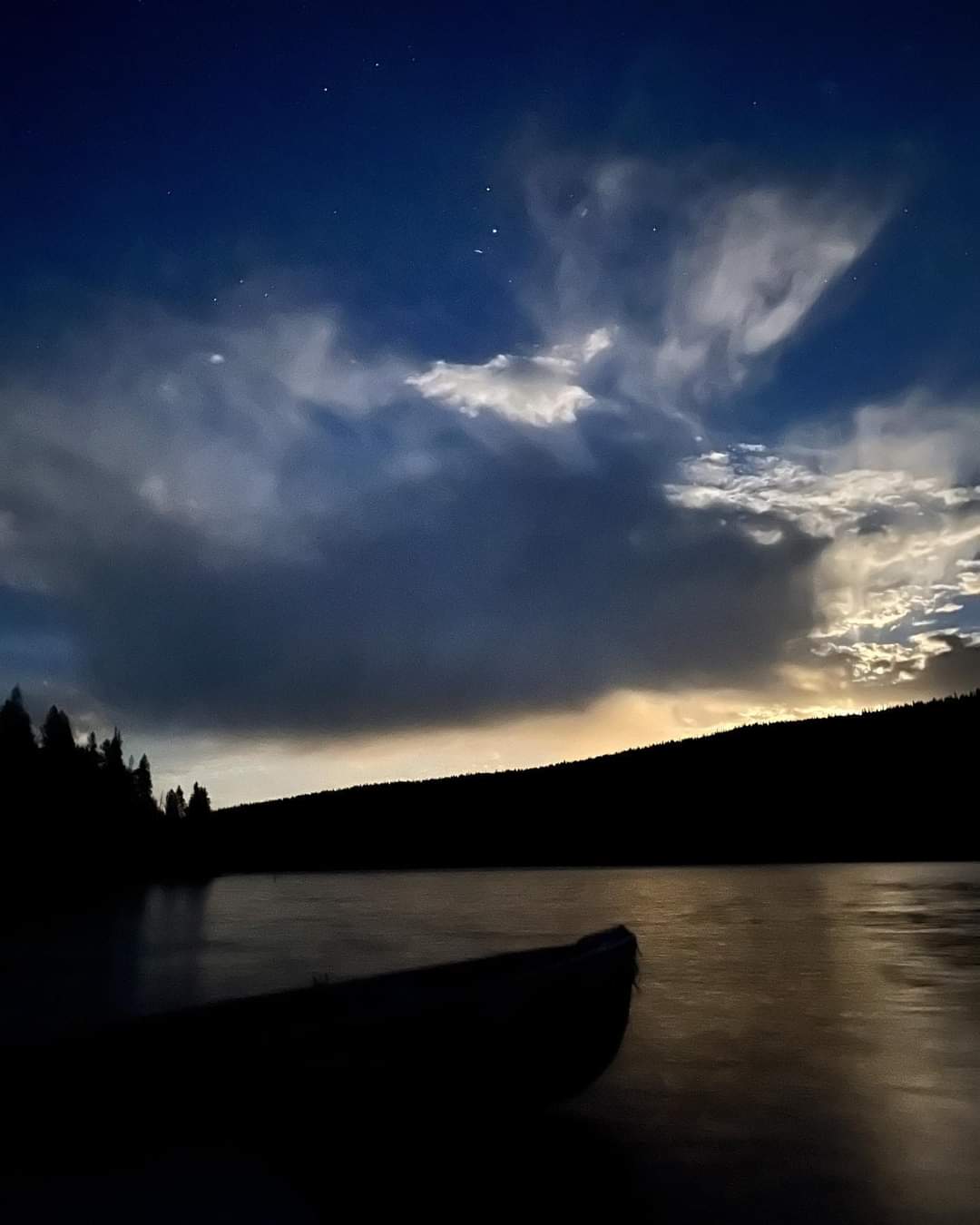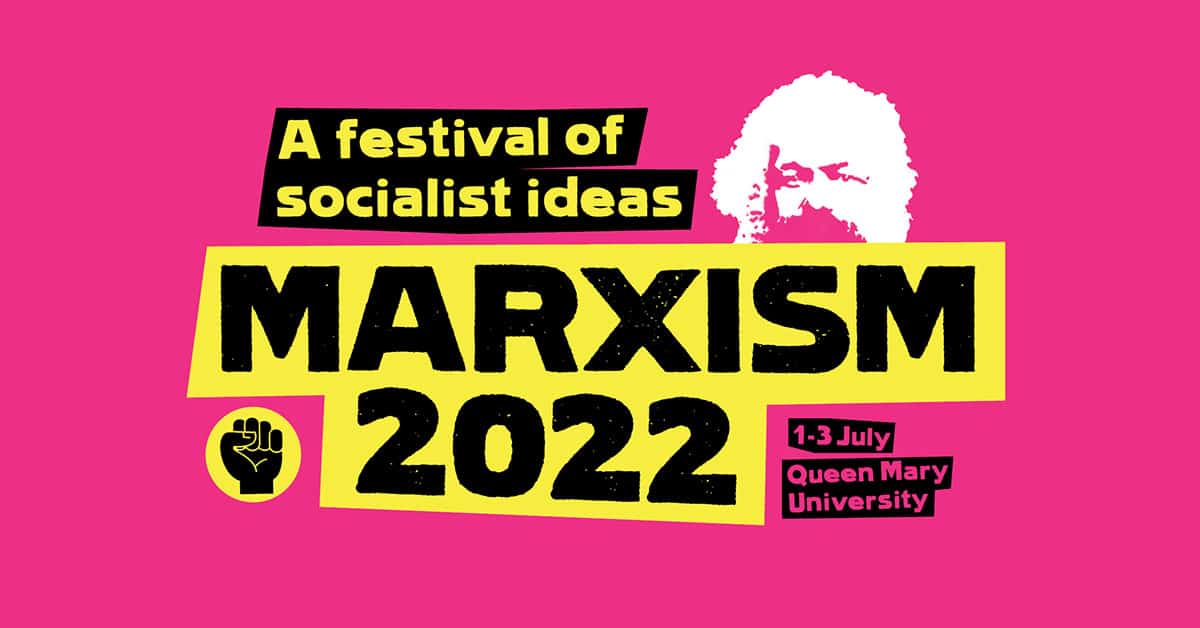Trains of Thought
Cultural Theories of Speed and Solidarity

The Saint and the Suicide Bomber: Discourses on Suicide and Selfish Self-Transcendence in Paradise Now
“The goal is for you and the people around you to survive your rage; it really does not have to kill you. Bad as it is, your rage is interesting and useful… this violent, destructive impulse that you have is actually a saintly and artistic, a potentially heroic, impulse, that you can destroy by creating. Learn to survive the impulse and then learn to use it; we all need all the iconoclasts we can get.”[1]
Look into the eyes of Said, Kais Nashef’s Palestinian suicide bomber, at the end of Paradise Now (الجنة الان: 2005). He’s on a bus somewhere in Israel, sitting quietly in formal attire amidst some civilians and a large number of Israeli Defense Force (IDF) soldiers.
When I look into his eyes, I don’t see much.
I don’t know what I’m looking for.
But given the magnitude, the sheer incomprehensiveness of the totality of his self-negation I felt the need to look.
What does it feel like in those last few moments, in preparation to knowingly end one’s own life? I not sure if I expected to find something profound, something genuine hurt, something hopeful or idealistic. And what does it mean, using one’s own body as the only conceivable way to get to others? I’m unclear too whether or not I can expect something ‘empty’ or ‘blank,’ or something that anticipates the impending violence if nothing else by its presence alone. A great deal of scholarship has, in recent years, transitioned the old question of “what lies in the heart of a Fascist?” to what “what lies in the heart of a suicide bomber?”
We’ve seen evil get out of a uniform, and dress like we do, move among us. This question is Janus-faced, disjoined from reflection and prediction, seamlessly wrapped into
Paradise’s
narrative.
You may not have even thought of it.
The action has been so rushed, the pace so hurried—we haven’t really gotten a chance to look at Said like this all film. It’s nearly a breath of fresh air at the close of a hurried series of improvisations around a planned suicide bombing which becomes anything but straightforward. And this is but the calm before the storm. These last few moments are haunting, maybe because they are seldom captured in this way.
When I was younger, I used to ponder the significance of suicide. Maybe that’s the real question I was asking here as I looked into Said’s eyes. I recall asking what it meant to take one’s own life. It’s a thorny query from any perspective: what is the meaning of an act that ceases all future acts of the actor? I confess a strange interest: I had no righteous cause with which I claimed an affiliation. I suffered from no neural pathologies, nor from any addictions that cause such constant pain as to constrain the brain’s thought process. I don’t think I could even claim to be an unhappy adolescent—not in a chronic sense, at least. Nor did I struggle with unreconcilable alienation, or persistent inabilities to experience resonant emotion.
I think I pondered suicide as a possibility because in a mundane sense that’s what it is: a choice, like any other, a willed act that affect its intention, speaking without words. It might be something as simple as deciding: I think I’ll end my life today. There’s an important element here, I think, in desacralizing choices we encounter, and by this I mean a demythologization of life to view it in more conciliatory terms. The ability to adapt, for subjects and objects, thusly engages our abilities to appropriate the world. This is part of the ongoing Copernican Revolution that seeks to burn out faith where it may find it—ecrasez l’infime! But some choices still startle us, because we still believe in grammar. Many barriers remain to the disenchantment of the world, and as we reterritorialize, reenchant… there are disenchantments cannot be reenacted.
And there is something more about the idea of suicide, something incomprehensible—a necessarily faithful resistance that mobilizes against it and seeks to dispel it.
Pondering suicide from a rational perspective is unusual within discourses of self-negation. For my family’s sake, it’s also an indication I was never really interested. Hearing this story from someone who has attempted suicide and survived would no doubt be instructive, both in elucidating the nature of the moment itself and the long road that has preceded it. And it was precisely this notion of self-negation that bothered me. With a successful act of suicide, one’s road leads to an end not surprisingly, beyond our control or prediction as often happen, but deliberately and perhaps even… calmly? Think of Malcolm Browne’s immortal picture of Thích Quảng Đức’s self-immolation in Saigon in 1963 (attached at bottom):
…he looks like he could be asleep.
In my own time I concluded that in this way suicide was a non-generative endeavor: a permanent solution to temporary fluctuations. I think this was an answer to my own curiosity about it, albeit in a halting encounter with finality as only a wide-eyed adolescent can experience without, I reiterate, a real reason to be there. In other words, I understood the possibility of suicide as an enduring neutral bid for control that many choose in their greatest moments of disorder. It is a last, great gasp of the desire to articulate, the will to command, a declaration that life might be other than it is—through a contentment in its resolution.
This is the private suicide of the
suicidere.
There’s a curious thought about movement here. For the suicidal thinker mental movement—escape, perspective, being other-than—is impossible because it has no more power to move meat mechanics than anything else. For an external perspective it is always possible to practice Kant’s aesthetic judgment… as you sit upon the shore and watched the embattled ships tossing in the minds of friends, family, and the cultural networks of life, movement is always possible.
To embrace a perspective like that is to be removed from realities of finality and possibilities, and voices from the outside often remain a great comfort in such trying times. But part of the
suicidere’s
dilemma, and indeed of the modern one, is that no one watches from shore anymore. Within each mind’s tossing and turning on the sea of possibility it is the storm, not that shipwreck, that is the modern foundation of philosophical experience. It’s that constant state of
embarkment, the tossing and turning on waves of merciless worldliness, that make situational abstraction impossible and completely constant.
The game has changed.
I came also to the conclusion that such private suicide was, in and of itself, not a generative nor constructive endeavor—and that’s where I was wrong. For the agent who negates her agency in committing suicide this is a conclusive act, but for the social world around her it is far from final. If Adorno is right that, in our limited world of fully realized logic where writing poetry is barbaric we have but the choice of verse or suicide to protest injustice—
the body is the ultimate weapon.
It is the only selfless sacrifice we have left to give. I think any amateur psychologist would agree with my teenage musing that suicide is a bid for control when other such attempts have been exhausted, and it’s worth situating this within the world of Paradise Now. The streets of Nablus and Rahmallah are tragically, ironically expressive of Adorno’s dialectic of culture and barbarism.
As Levi said, and as Dabashi and others have since reiterated, is the Palestinians now who are the Jews of Israel.[2]
When there is no justice or freedom, Khaled’s best friend Said claims, it is said that we must fight for them. And if one can fight, one can also die. The suicide bomber’s choice is to give so that reality might be other than it is, when all other possibility has failed. What would you give to change such things? We follow Khaled and Said’s final day prior to the bombing, not their larger paths to radicalization—and perhaps that’s more realistic. Where to start? The roots of the conflict that embrace their larger struggle are at least 74 years old, since the declaration of the state of Israel and the first Arab Israeli War in 1948. The roots of modern Jewish immigration to the area, the seeds of Arabic nationalism against the Ottomans and the colonial West, the stirrings of Zionism against European and Russian anti-Semitism—these all go back even further. But all that matters here, and now, is that we are faced by the stories of two men who decided that one day would be the last day of their lives and, in a final act of deliberate calculation, that they would stand up and willingly die to thwart a juggernaut they believe to be otherwise unstoppable.
You have nothing to gain because you fear death, Khaled reminds Said the day of the attack.
If you do not fear death, you are in control of your life.
“Let God sort these things out. If we (Palestinians and Israelis) cannot live as equals, at least we'll die as equals…”
But much as I struggle with the suicidere, it’s the suicide bomber who captures my eye in his incomprehensiveness—and it’s he who truly fascinates me. He is both saintly and terrible, seized on the highest of swells by a punctum of certainty to scream one last great wish into the night, before slipping beneath the beneath the waves amongst the wreckage left behind. How are we to confront these bids for control, manifest in gross violence and indiscriminate cruelty, when the perpetrators have literally nothing to lose?
Sartwell argues that to speak of such a state is to speak of a cannibalistic rage, which consumes someone to the point of their identifying with the rage itself. This identification is similar to that of an addiction, where a chemical reconfiguration of our brain hijacks and appropriates the freedom of our neural function. So absorbed are we by this alien compulsion that seizes us that we identify with it and we hate it. And in hating it and seeking to remove its causes, to kill its stimuli in external world, we seek also to kill ourselves.
The violence of Columbine High school shooters Eric Harris and Dylan Klebold, selon Sartwell, was not conceived of as pleasurable or delightful. Rather, each boy’s commitment to kill the disruptive impetus beyond him was an indiscriminate conviction that everyone, most strikingly each killer himself, was a target. “They wanted to kill,” Sartwell writes, “the sources of rage outside of themselves, but above all they wanted to kill the rage in their own heads.”[3]
Both rage and addiction are associated with self-loathing, and these men and others committed to something that killed them, as well as a dozen other people.
They committed to something that broke them, and they committed to it because it had broken them.
As Hobbes described, suicide is ultimately a private act of pure freedom that engenders great equality. But it also sees the end of freedom in an agent’s negation of her own agency. It is the freest of free acts, although it results in an infinite state of non-freedom. With no other perception of freedom, choice, possibility—suicide becomes not logically but mythologically possible. This mythos and the potential it offers leaves us now to pit the actions of the suicide bomber against those of the suicidere, any further distinction to be elaborated outside of their selves and in the spread of their message.
For every final act is nonetheless an act that is both generative and productive.
Like Heine, who reminded us of the quiet intellectual’s great power in the confines of his study that would rise to shake the foundations of the world, even the seemingly unimposing suicidere and her calm femininity of suicide accesses an extraordinarily powerful communicative medium. The choices of Đức and many others bear witness to that. But the public killing of others in the hope of destroying your own sense of rage, isolation, pain, and suffering, is a wildly expressive bid for direct control, a rapacious masculine desire for mastery over a subdued subject which offers a central distinction between these types of suicide. In Sartwell’s words:
“Masculinity, rage, and violence are so closely connected as to seem synonymous. To ‘assert one’s masculinity’ is to kick ass. And I deeply admired and still deeply admire masculinity in this sense. Indeed, it is deeply admirable: rather than trembling in the corner feeling his little feelings, a man turns all feelings into anger and violently transforms the conditions that oppress him. That is one of the most admirable human impulses and a condition for any great creation.”[4]
Killing that leads to suicide, like violence and rape, is preoccupied with the assertion of power, agency, and authority—but Sartwell’s point here about creative destruction is worth dwelling on. Is not suicide (without external violence) also such an act, albeit an indirect one?
The
suicidere
is a feminine figure. Unable to rely on a direct exercise of violent will to order (a denial of the concrete being the basis of her otherness), she manipulates symbols and reversibility of the highest degree in order to transform self-denial into self-fulfillment. Her act is also a contingent one, contingent on being heard, on planning her end: and this was the success of Đức’s self-immolation as captured by Malcolm Browne, which provoked international attention and debate resulting in the fall of the Vietnamese government.
Meanwhile, the inverse connection between violence and masculinity is a profound commentary on an abiding human—loath that I dub this strictly male! —discomfort with such contingency. If a self-negating message cannot assume a transcendent medium (self-immolation of a million monks means nothing without a single camera), the speaker cannot help but suffer profound anxiety about the future interpretation of their suicidal act (assuming again that suicide is a generative social act).
Possibility is not an appealing plausibility for the panicked: if they are to make the ultimate sacrifice, they require absolute certainty to do so. And thus, they will do anything to attain it themselves. This is the danger courted by the concretization of the feminine, the horrible burden which any man has yet to resolve, that dangerous imperious desire for control which menaces ALL humanity. Life, as sexuality, is contingent and accidental. This is the key feminine insight which masculinity and second-wave feminism, in their obsessions with control, risk misunderstanding. To be a man is to turn your losses into gains at any cost, to overcome impossibility head-on—to kick ass. It is a Faustian endeavor, a diabolical invocation of the negative that promises to pay for the highest with the lowest. Its certainty, its willingness to wager all, is a commitment to oneself that cannot stomach any notion of reversibility, indirectness, subtlety, ambiguity.
Sartwell’s point speaks to the terror of isolation inherent in communication in any bid for certainty. If I speak, who is to say that anyone will hear me?
This unease remains one of humanity’s deepest insecurities, though it has become a primarily masculine one evident in the shadows cast by male violence against threatening certainty and all forms of contingency. It is also a masculine anxiety because men have largely remained in control throughout the world, but it rises reliably to challenge every aspiring regime, be it reactionary or revolutionary.
The power of the immaterial, the reversible, the seductive, is why Plato desired to ban poetry and art from the Republic, after all. The pain of being unheard, the unfamiliarity with one’s voice so as to be startled by its tenor is distance from the strength and promise of negotiated compromise that
always
promises to minimize violence.
Ironically, it is modern forms of government which promote such compromise and collaboration that often suffer most dramatically from suicidal responses to this antinomy of expression. The proliferated ease of self-expression under liberal democracy has a curious effect similar to the experience of metropolitan pedestrians so accosted by noise and intrusion that they cease to listen. White noise at its finest! Durkheim notes, in his sociological explanations of religious formation and also in his monograph on suicide, that the act of taking one’s own life remains an individual response to a largely uncontrollable world.
And this problem also reflects Rousseau’s fundamental tear in the heart of the modern experience: the equally strong, forever-joined, irreconcilable desires for individual and societal freedom. The individual and the collective of the day (for us it is the corporation) have concretized the entirety of the world and through debt, finance, franchising, and purely selfish spirit have seized the power of the new, the other, and the yet-to-come. Plato might be contented today—any sort of mystery, reversibility, otherness, enchantment in this world promises no more a chance at freedom than verse stands to liberate Gaza, Ramallah, and Hebron.
But the rebelliousness in the last controlling victory of the suicidere, done quietly at home with a note and will left on the desk, does not always seek an audience, nor does it always seek to be heard. Mass-killings and suicide bombings on the other hand would not exist without an audience or an enemy.
And as much noise as possible demands an ear, more than it seeks to articulate a particular message—and this imperative characterizes every moment of
Paradise’s
planning. We forget that amongst the carnage of mass killings, the perpetrators are often seen as heroes. Why is this such a reliable reality? It seems to be a rule amongst moody teenage murderers to leave extensive notes, letters, videos, manifestos. In the case of Islamic extremism, famously amongst Daesh/The Islamic State of Iraq and Syria (ISIS), we need only think of the glossy recruitment magazine Dabiq, huge resources are expanded on covering the journeys, doubts, success, and martyrdom of suicide bombers.[5] For Hamas Islamists in Palestine it’s not quite the same story, but it’s related. When we see Khaled and Said record their final testimonies as martyrs (shuhada’), they’re being filmed by a rather sophisticated crew as each man appears resplendent with the power and agility of an assault rifle, the nobility and certainty of the Qur’an, and the bold brilliant of beautiful clothing.
They’ve each cleaned up well and are newly shaven.
Each man looks confidently at the camera as they recite their wretched grievances and their boiling hatred of Israel at its oppressive chokehold on their lives, their health, and their families. You’d think their victorious end would be assured—until we figure out the camera wasn’t working.
All of a sudden we’re forced to take a step back and consider the situation.
Would we still go through with this, Said’s worried look seems to say, if no one would remember us? If no one was inspired by our actions, by our story? If we cannot disembark in our reflections on the path to carnage we would do well to remember Pascal— vous êtes embarqué![6]—and that we never address, even in our last moments, a party standing on the shore. Rather, we call out always to our fellow shipmates in the wreckage, and the fact that even in their suffering anyone might still find reflective distance (often inadvertent, comic, or forced) to hear us amidst related plights speaks of endless possibility.
To celebrate this sort of communication is, in some ways, to echo those cliché posters in high school. ‘Don’t do drugs!’ they implore us. Just pick up the phone and call someone! Don’t take your own life! Don’t be isolated! Or, as we might beg of terrorists, think of your family! Think of mine! To Sartwell, these responses are but an absurd inability to recognize the true sources of terror that motivate terrorists, to ignore the circumstances which lead youth to explore drugs. It’s heavy-handed and stupid. But when a world that’s been up to the brink, and often stepped over it, speaks to us—we listen.
It’s only our fellow mariners who stand a chance of bending our ears. And in the film this is the voice of Soha, a friend of Said and Khaled, and Said’s romantic interest. You must be proud, Said says of her martyred father who died in a bombing himself. I’d rather he would still be alive than be proud of him, she retorts. Soha’s is a mediating voice within the struggle itself, that understands the forced identification with pain, rage, and hopelessness that drives people to suicide bombings. But she also understands the cyclical nature of violence, that the hope of the hopeless is no such exit from hell on earth, and is merely morphine.
Resistance can take on many forms, she urges Said. Peaceful political solutions may have failed, but we can still fight on! The victory of a mass killing, even if it can be measure in publicity or attention, is never guaranteed. And furthermore, the inherent desire for control and the ultimate sacrifice for a shred of certainty motivates intense responsiveness that only exacerbates suffering. It’s in this way that
Paradise Now enters a memorable lineage of commentaries on cyclical violence like
Boyz n the Hood (1991),
City of God (2002), and
Top Boy (2011-2013, 2019-2022). Don't you see you're giving Israel an alibi to persist? Soha demands of Said.
And while the power of her voice is anything but assured, it represents the only possible counter to such hopelessness. It is why we see Said alone on the bus at film’s end.
It is the experience that Israel itself begins to feel, as its desires for control continue to hem in and pinch off Palestinian settlements. The harder they push, the more impossible it will be to realize their dreams of order and peace, built on an abolition of the fragmentary existence of their other. Settler colonial projects are premised on land over labor and rely on a necessary supplanting of a foreign people for the native one.
But as every other twentieth-century colonial project has shown, such removal can never be expected—and nor will occur easily.
Israel, like the suicide bomber, willfully creates the conditions for its own destruction and for that of its citizens; picture the anxiety of every IDF soldier as they leave their barracks every day, the abundant terror of Israeli civilians as they walk in the streets.
It’s the fraught resignation in Yuval Segal’s voice, as his
Shin Bet character Mickey Moreno in Fauda, as he reminds his subordinate that if they lived in a civilized country outside a constant state of war, all of their actions would be seen for the reprehensible things they are—and they all would have been prosecuted and jailed. Paradise Now is about Khaled and Said’s journeys, and their respective reckoning with the possibilities of resistance short of suicide. It’s not really about Israelis (and it doesn’t need to be), but the drudgery of the Sisyphean struggle that engulfs each side is ever-present.
It’s the private confessions of Billy the Kid and Pat Garrett that Bob Dylan narrates, each a step outside of heaven’s door, as they walk out to face death at high noon and confide to their mothers they don’t want to fight anymore. They don’t know if they can. And yet they have no choice.
The fight will go on.
Amidst the wreckage of the world swallowed up in its open-aired prison, it’s in the two minutes to midnight that such cries of anguish become most eloquent. And in their frequency and amidst the din of the storm, they are seldom heard.
It is quite normal for Japanese rail commuters to hear that their train journey will be slightly delayed, and to quietly understand this to have been another suicide.
These hopeless clamorings for a moment of control, of freedom, have no more guarantee of being heard than the most meticulous suicide bombing which, as Khaled and Said know, can go wrong for any reason. If it is certainty we seek, there is no reliable path to it. Any such possibility is only possible in cyclical terms, processes of creative destruction, that require us to live, rather than to die. It is our fate of course that our pleas be heard by other lost mariners foundering amongst the waves, and it is only in the hushed weight of such panic that we shall find a footing.
As the old man said many a time, while it remains a great honor to die for one’s country, the future implores us to see how the souls on all sides will live, rather than die, for their causes. We search for and consider always what other forms resistance might take on. Because only the sustained fight, the longest race—and the greatest patience therein—can offer anything more than a pure moment of certainty, before being swept down amongst the waves.
30 January 2022
[1] Sartwell,
How to Escape: Magic, Madness, Beauty, and Cynicism. Albany, State University of New York Press: 2014, p. 85-86
[2] Dabashi, “Gaza: Poetry after Auschwitz” al-Jazeera: https://www.aljazeera.com/opinions/2014/8/8/gaza-poetry-after-auschwitz
[3] Sartwell, How to Escape: Magic, Madness, Beauty, and Cynicism. Albany, State University of New York Press: 2014, p. 77
[4]Ibid, p. 80
[5] Barton, ‘Understanding Key Themes in the ISIS Narrative: An Examination of Dabiq Magazine.’ Mansouri & Keskin (eds.) Contesting the Theological Foundations of Islamism and Violent Extremism. E-print: Palgrave (2019)
[6] You are (already) embarked!

Trains of Thought | All Rights Reserved

